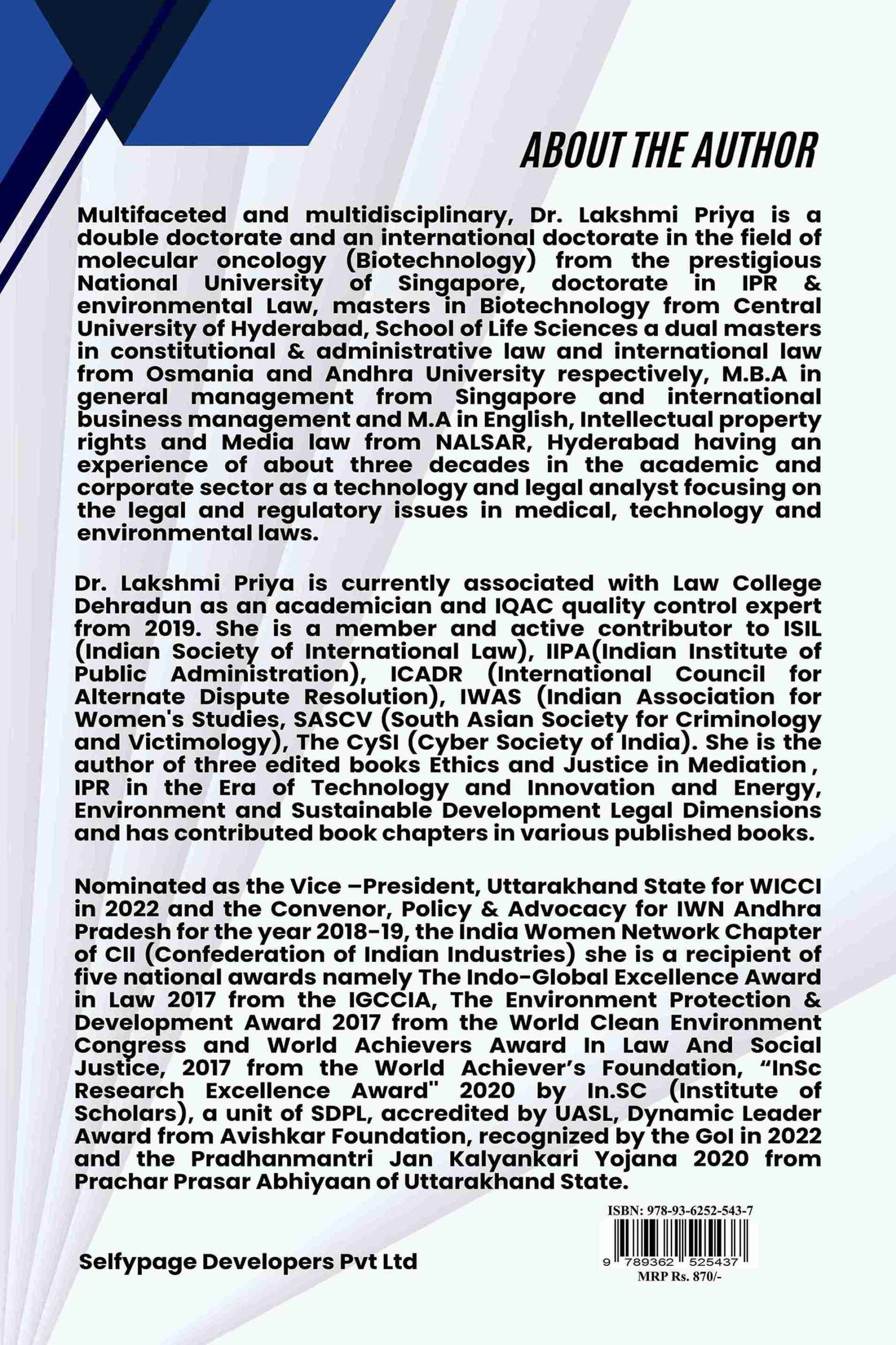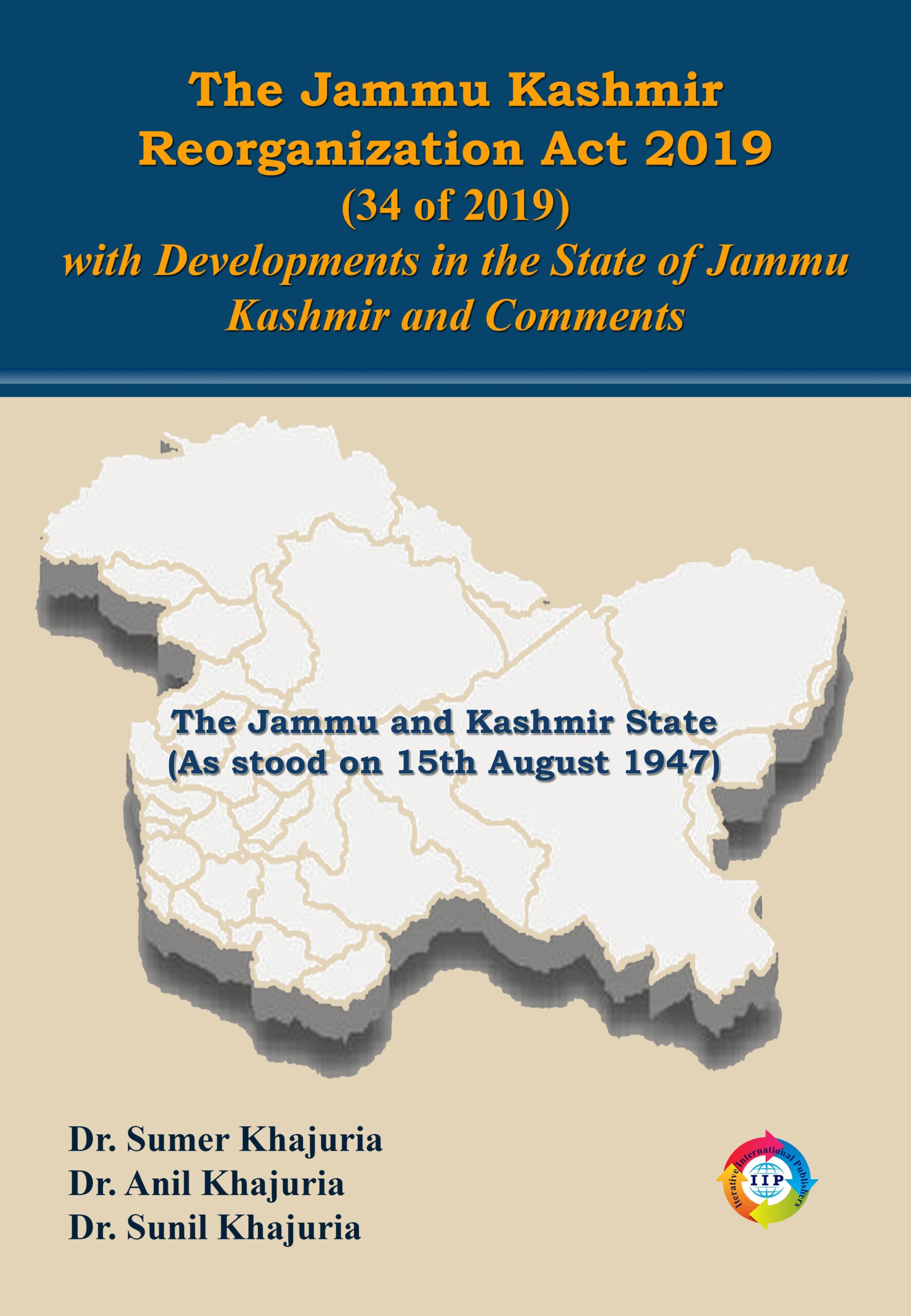The contribution of women to the preservation, improvement, and development of the environment, as well as to the responsible use of energy sources, is a phenomenon that has been around since ancient times. The Indian subcontinent engages in a variety of activities to practise, spread, and effectively advance sustainability, which is rooted in the constitutional right to life. Women in the rural and semi-rural sectors play a significant role in these activities. Women, ancient environmental practices, sustainability and traditional knowledge are the four aspects which are intermingled with each other each with a specific and critical role in the sustainability of environment and the protection of traditional knowledge. The adaptability of ancient practices which are customary and traditional in social and legal parlance perse is closely intertwined with the women’s role in maintaining the tradition be in cultural and religious practices or environmental practices, or both and most often than not it is observed that the religious and customary practices being followed and imparted by women have a specific and significant environmental impact, be in terms of health, safety, nutrition of the self, biodiversity conservation or environmental consciousness that over a period of time are rendered sustainable and identified as environmental sustainable practices. The critical analysis of the nexus that subsists and is significantly crucial between the four components of women, ancient environmental practices, sustainability and traditional knowledge requires a concentrated understanding of the nexus amongst them and more so in the contemporary context whereby the principles of sustainable development as antecedent to the Stockholm conference and enforceability of the environmental rights as the fourth generation rights are not being compromised.
The nexus is analysed through a study and interpretation of the available resources and a doctrinal analysis of the current scenario. The loss of species is a phenomenon that is well documented and studied in the extinction studies and evolutionary biology but the depletion and decline of TEK, the traditional ecological knowledge is more sinister and often happens gradually and unnoticed. The native and indigenous communities of the world do possess native knowledge that has accumulated and has been passed on over generations and this had always played a very crucial role in biodiversity conservation and preservation. India, with its huge biodiversity is often called a “mega-biodiverse country” and home for many indigenous and native communities who have an intricately intimate relationship with the varied landscapes of hills, mountains, forests and deserts which have been conserved not only for their being native but also owing to the historical conservation strategies that have been intertwined and inlaid in the traditional beliefs of these native and indigenous communities. The book is a fair attempt at understanding and analysing the intricate nexus and the awareness of the people at large regarding biodiversity and the nuances of traditional knowledge imbibed in the practices.










Reviews
There are no reviews yet.